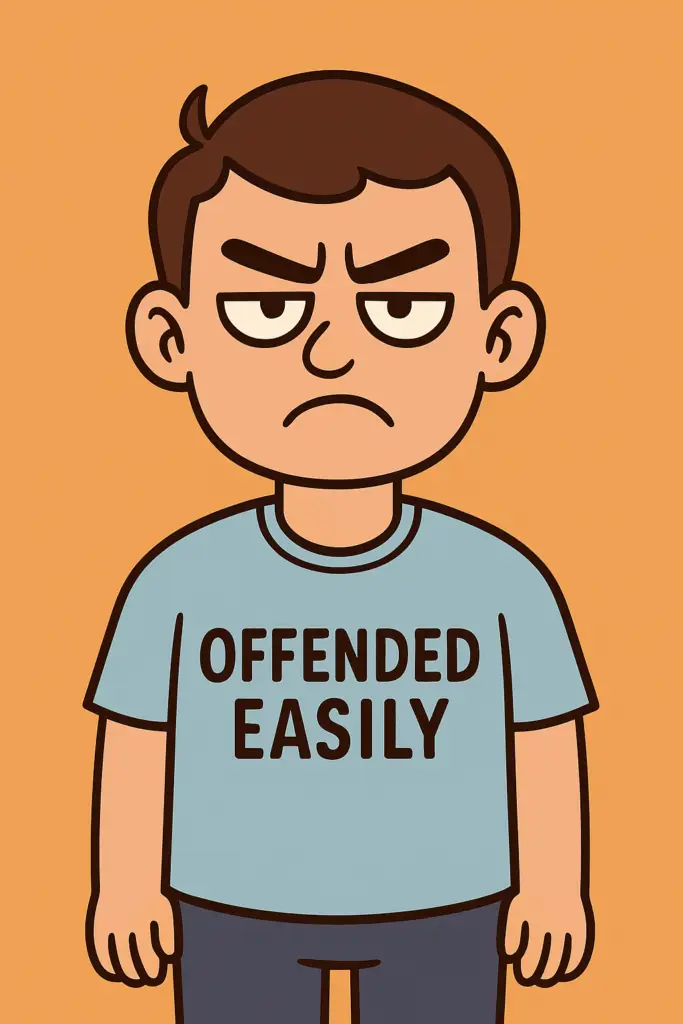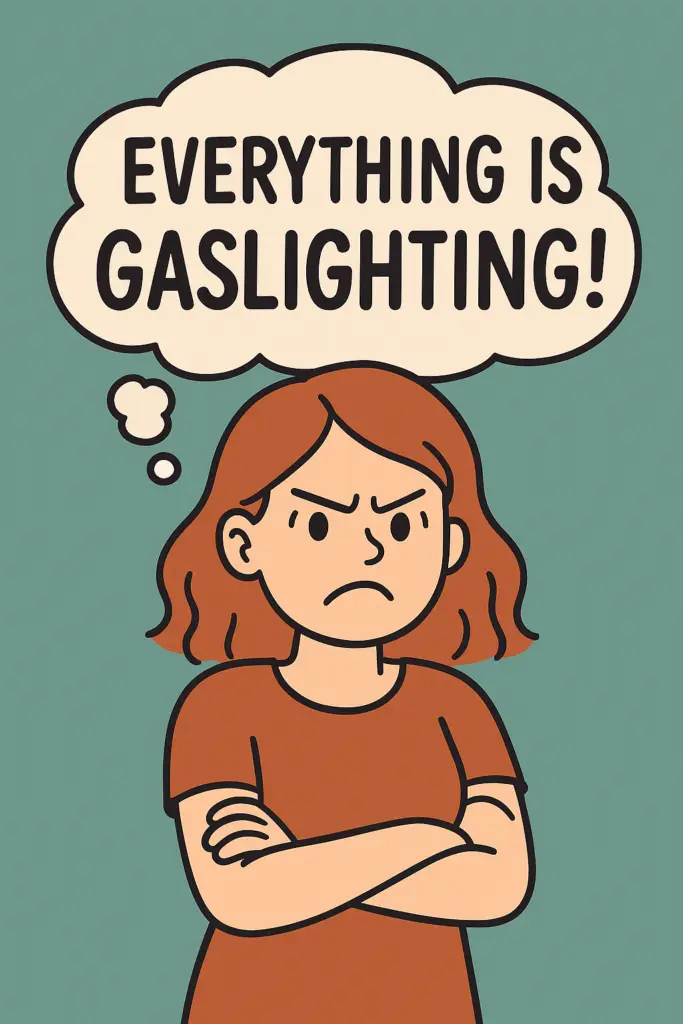In today’s culture of wellness, empowerment, and healing, there’s a new language dominating the way we talk about love, conflict, and personal growth. It’s called therapy speak — and while it’s rooted in mental health awareness, it can sometimes do more harm than good.
From Instagram reels to breakup texts, people are tossing around phrases like “you’re gaslighting me,” “I need to protect my peace,” or “this isn’t aligned with my nervous system.” And while emotional language is powerful, there’s a growing concern: Are we weaponizing therapy terms to avoid vulnerability, accountability, and real relational work?
Let’s explore how the rise of therapy speak is reshaping modern relationships—and what to do when emotional intelligence starts to sound more like emotional manipulation.
Part 1: What Is “Therapy Speak” and Why Are We Obsessed With It?
Therapy speak refers to the use of clinical or therapeutic language in everyday conversations—especially around conflict, boundaries, and relationships.
Think:
- “That was a trauma response.”
- “I’m setting a boundary.”
- “You’re triggering me.”
- “This is emotional labor.”
Much of this language comes from legitimate psychological concepts. But the problem arises when these phrases are used without context, training, or emotional depth.
Why We Love It
- It gives us language for experiences we once couldn’t name
- It offers a sense of control in emotionally confusing situations
- It signals intelligence, awareness, and emotional maturity
But without nuance, therapy speak can become a shield rather than a bridge. Instead of promoting connection, it can shut down conversations before they even begin.
Part 2: Boundaries vs. Control—Where’s the Line?
One of the biggest culprits in the therapy speak takeover? Boundaries.
Real boundaries are beautiful. They sound like:
- “I need time to think. Can we revisit this tomorrow?”
- “I’m not comfortable with that tone. Can we talk when we’re both calmer?”
- “I want to understand you, but I need you to understand me too.”
But what about when boundaries become disguised ultimatums?
“If you talk to me that way, I’m blocking you.” “You crossed a boundary. I don’t owe you an explanation.” “If you can’t meet my needs exactly, this isn’t a safe space.”
That’s not a boundary. That’s control wrapped in therapeutic language.
Boundaries are meant to protect you, not punish others.
Red Flags in Boundary Talk:
- No room for dialogue or repair
- Always one-sided (your needs, never theirs)
- Used as a weapon in conflict
- Avoidance disguised as self-care
Part 3: The Overuse (and Misuse) of Diagnoses in Dating
Calling someone a narcissist because they hurt your feelings? Saying your ex is a gaslighter because you had miscommunication?
It’s easy to diagnose from TikTok. But it’s not always accurate—or helpful.
Misused Terms You See Everywhere:
- Gaslighting (which is now often used to mean “disagrees with me”)
- Narcissist (instead of someone with confidence or poor empathy)
- Trauma bond (for any on-and-off relationship)
- Trigger (used synonymously with discomfort or disagreement)
Mislabeling someone can damage their self-esteem and obscure your own growth.
Therapy terms should be used with care, not casually thrown into every argument.

Part 4: Emotional Avoidance in the Name of Healing
Sometimes, therapy speak allows us to bypass intimacy.
It can look like:
- Ending a relationship with a long-winded message about “energetic misalignment”
- Refusing feedback by saying, “I don’t receive that.”
- Shutting down hard conversations by calling them “unsafe.”
Emotional maturity isn’t about having the right language—it’s about having the right presence.
Questions to Ask:
- Am I using therapy language to communicate or to control?
- Is this about safety, or am I just uncomfortable with the conversation?
- Have I explored my own role in the conflict, or just labeled theirs?
Part 5: What Healthy Communication Sounds Like (Without the Buzzwords)
Want to actually grow through conflict? Ditch the jargon and lean into honest, emotionally grounded conversation.
Instead of:
“You’re triggering me.” Say: “I’m feeling overwhelmed by this topic. Can we slow down?”
Instead of:
“You crossed a boundary.” Say: “When that happened, I felt hurt. I need us to talk about what works for both of us.”
Instead of:
“You’re a narcissist.” Say: “I feel like my needs haven’t been heard, and that matters to me.”
Part 6: The Therapist’s Take: Stop Diagnosing—Start Relating
As a therapist, I love that we’re destigmatizing therapy and mental health.
But I’ve also seen relationships fall apart because couples hide behind buzzwords instead of working through conflict.
Here’s what I often say:
- “Therapy language doesn’t make you emotionally safe—your actions do.”
- “Boundaries are about clarity and care, not punishment.”
- “It’s okay to be in process. You don’t need the perfect words to show up with love.”
Part 7: The Real Flex? Emotional Literacy With Compassion
True emotional health looks like:
- Holding space for nuance
- Being okay with discomfort
- Apologizing and repairing, not just labeling and exiting
- Letting people make mistakes and grow
Let’s normalize:
- Conflict that leads to deeper connection
- Conversations that feel messy but honest
- Language that invites, not excludes
Final Thoughts: Let’s Speak Human Again
Therapy speak is here to stay. But we can use it wisely.
It should be a bridge to empathy, not a wall of distance. Let’s stop turning every disagreement into a diagnosis and every relationship into a psychological breakdown.
Healthy love isn’t about getting it right. It’s about showing up, staying curious, and staying kind.
🎙️ Listen to the Podcast: Licensed and Unfiltered
In this episode, we break down the rise of therapy speak and how to use it without weaponizing it. Let’s get back to human connection—no PhD required.
Subscribe wherever you get your podcasts.

